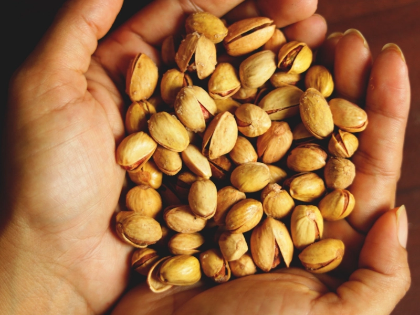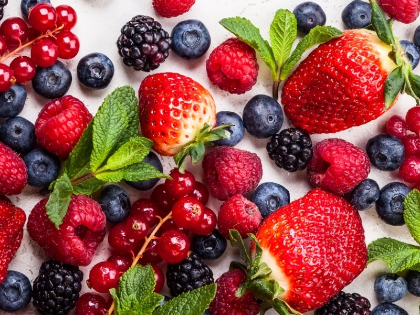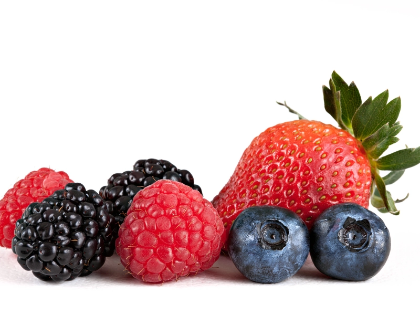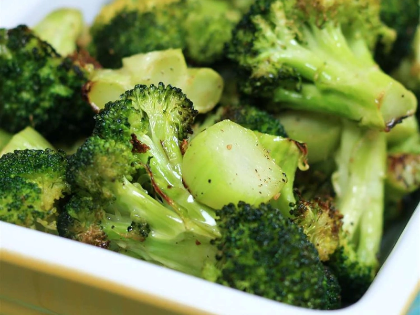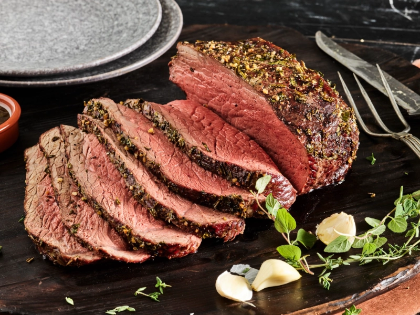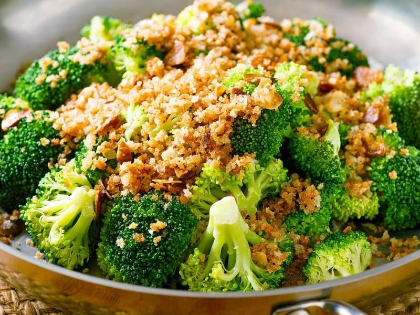The Importance of Grains in Maintaining Muscle Mass
A key component of general health and fitness, maintaining muscle mass depends on diet in great part. Often disregarded in conversations on muscle maintenance, grains are vital for supplying the calories and minerals needed for muscle development and repair. Rich in carbohydrates, fiber, vitamins, and minerals supporting physical performance and recovery are they also support This post investigates the several methods grains help to preserve muscle mass and the reasons behind their inclusion into your diet should be obvious.
Carbohydrates' Function in Muscle Development
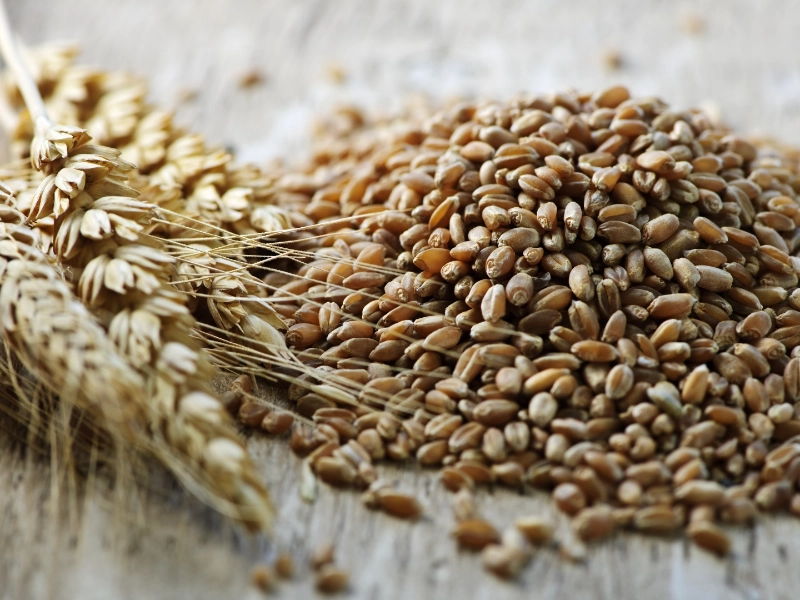 Especially during intense exercise, carbohydrates are the main source of energy our bodies use. Excellent complex carbohydrate sources are grains including rice, quinoa, oats, and whole wheat. These slow-breaking carbs produce a consistent amount of energy needed for daily activities and sustained workouts.
When you work out, your muscles run on glycogen, a stored form of carbohydrates. Eating enough grains guarantees that your glycogen supplies are restored, thereby enabling you to operate at your best. Your body can turn to protein for energy without enough carbs, which would cause muscular breakdown. Maintaining muscle mass and maximizing performance so depend on having grains in your diet.
Especially during intense exercise, carbohydrates are the main source of energy our bodies use. Excellent complex carbohydrate sources are grains including rice, quinoa, oats, and whole wheat. These slow-breaking carbs produce a consistent amount of energy needed for daily activities and sustained workouts.
When you work out, your muscles run on glycogen, a stored form of carbohydrates. Eating enough grains guarantees that your glycogen supplies are restored, thereby enabling you to operate at your best. Your body can turn to protein for energy without enough carbs, which would cause muscular breakdown. Maintaining muscle mass and maximizing performance so depend on having grains in your diet.
Grains and proteins: a perfect combo
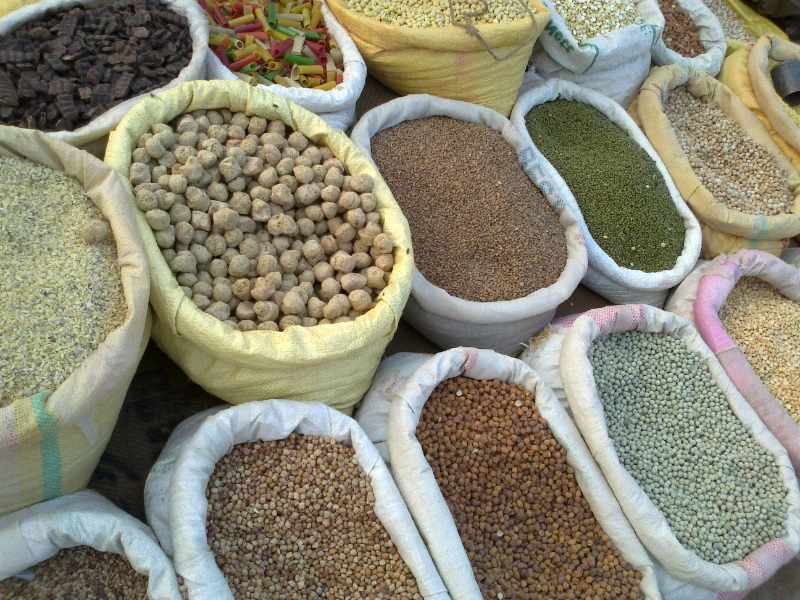 Although their carbohydrate count is the main reason people know about grains, many whole grains also offer a reasonable level of protein. Higher protein content in foods like quinoa and farro than in refined grains make Combining grains with other protein sources, including lean meats or legumes, produces a balanced protein profile—which is vital for muscle growth and repair.
Meals high in carbohydrates and protein after exercise can help with recovery by supplying the nutrients needed to rebuild muscle tissue. For example, a bowl of quinoa combined with black beans and veggies not only makes a great dinner but also provides a reasonable ratio of carbohydrates to protein. muscular recovery depends on this mix, which also aids to preserve muscular mass over time.
Although their carbohydrate count is the main reason people know about grains, many whole grains also offer a reasonable level of protein. Higher protein content in foods like quinoa and farro than in refined grains make Combining grains with other protein sources, including lean meats or legumes, produces a balanced protein profile—which is vital for muscle growth and repair.
Meals high in carbohydrates and protein after exercise can help with recovery by supplying the nutrients needed to rebuild muscle tissue. For example, a bowl of quinoa combined with black beans and veggies not only makes a great dinner but also provides a reasonable ratio of carbohydrates to protein. muscular recovery depends on this mix, which also aids to preserve muscular mass over time.
Fiber's Value for Gastric Health
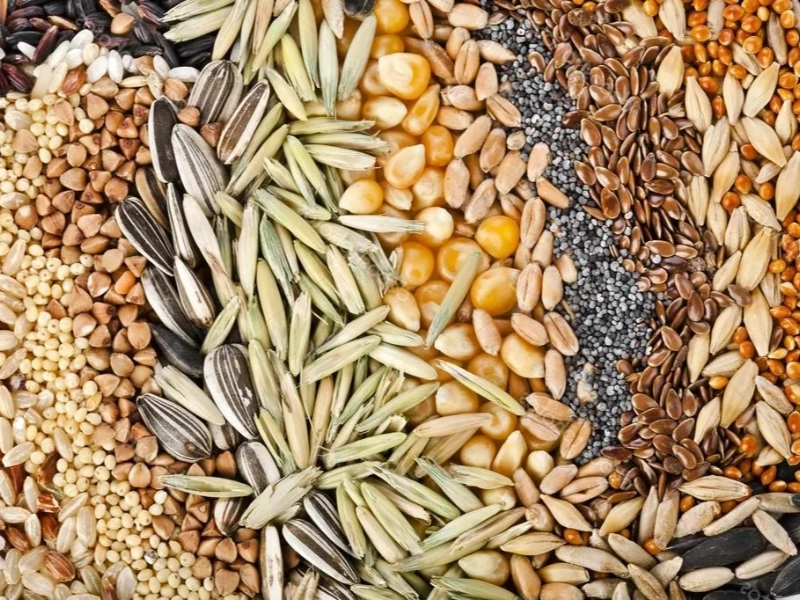 Another vital element included in whole grains that is very important for general health—including muscle maintenance—is fiber. A diet high in fiber guarantees digestive health and helps your body to effectively absorb the nutrients from the foods you eat. Delivering the vitamins and minerals your muscles need depends on proper digestion, which also promotes recovery and development.
Furthermore, fiber helps control blood sugar levels, thereby minimizing surges and crashes that could compromise performance and energy level. Stable blood sugar levels reduce your likelihood of tiredness throughout exercise, thereby enabling you to train longer and harder. Maintaining muscle mass depends on this stability in energy levels since it helps you to be consistent in regular physical exercise.
Another vital element included in whole grains that is very important for general health—including muscle maintenance—is fiber. A diet high in fiber guarantees digestive health and helps your body to effectively absorb the nutrients from the foods you eat. Delivering the vitamins and minerals your muscles need depends on proper digestion, which also promotes recovery and development.
Furthermore, fiber helps control blood sugar levels, thereby minimizing surges and crashes that could compromise performance and energy level. Stable blood sugar levels reduce your likelihood of tiredness throughout exercise, thereby enabling you to train longer and harder. Maintaining muscle mass depends on this stability in energy levels since it helps you to be consistent in regular physical exercise.
Whole grains' minerals and vitamins
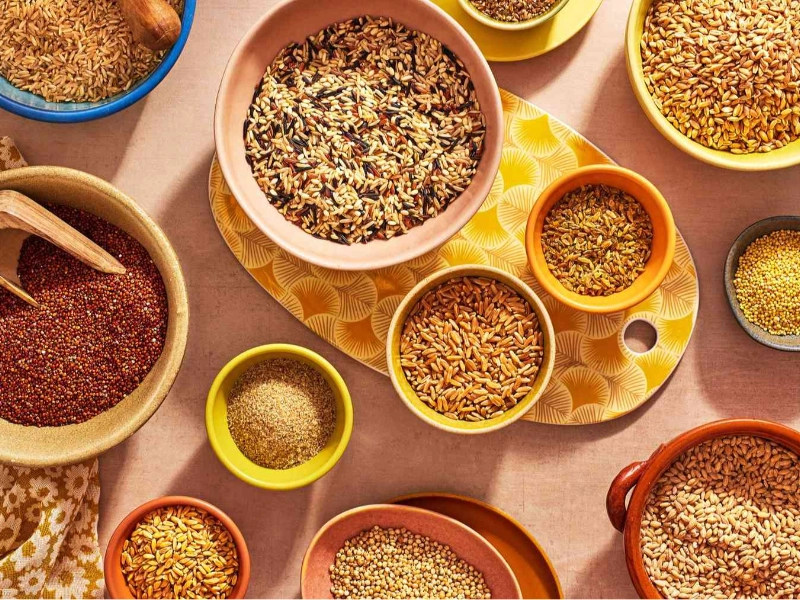 Whole grains abound in vital minerals and vitamins that boost muscle strength. For energy metabolism, for instance, B vitamins are absolutely vital since they help turn food into useable energy for your muscles. Important for muscular function and recuperation are also minerals like magnesium and zinc. While zinc supports protein synthesis and immunological activity, magnesium aids with muscular contraction and relaxation.
Including a range of whole grains guarantees that you get these important minerals in your diet. Foods include brown rice, barley, and oats not only give you energy but also the vitamins and minerals your muscles need to be in best working order. Anyone trying to either keep or increase muscle mass needs this nutrient-dense profile.
Whole grains abound in vital minerals and vitamins that boost muscle strength. For energy metabolism, for instance, B vitamins are absolutely vital since they help turn food into useable energy for your muscles. Important for muscular function and recuperation are also minerals like magnesium and zinc. While zinc supports protein synthesis and immunological activity, magnesium aids with muscular contraction and relaxation.
Including a range of whole grains guarantees that you get these important minerals in your diet. Foods include brown rice, barley, and oats not only give you energy but also the vitamins and minerals your muscles need to be in best working order. Anyone trying to either keep or increase muscle mass needs this nutrient-dense profile.
Grains andhydration
Though they are not mostly connected with hydration, grains do contribute to your total fluid intake. Many whole grains are high in water, hence eating them will help you meet your daily water requirements. Muscle performance depends on water; even minor dehydration might reduce performance and recovery. Furthermore improving your hydration condition is combining grains with watery foods like fruits and vegetables. Whole grains, fresh vegetables, and lean protein combined in a balanced meal can help you remain hydrated and assist muscular maintenance. For those trying to maintain muscle mass, proper hydration is vital since it facilitates nutrient transportation and helps avoid muscle cramping during exercise.
Making Balanced Meals from Grains
Making balanced meals with grains mixed with other dietary categories helps one to efficiently preserve muscle mass. Try for a dish with lean proteins, entire grains, good fats, lots of fruits and veggies. Together, these foods offer a great range of nutrients to support general health and muscle performance. For instance, a dinner with grilled chicken, quinoa, steamed broccoli, and olive oil drizzling strikes the ideal mix of carbohydrates, protein, and good fats. These meals not only fuel your exercises but also offer the building blocks your muscles need for healing and growth. Giving whole grains first priority in your meals will help you to guarantee that your body has the best opportunity to retain muscle mass and reach your fitness targets. Maintaining muscle mass and sustaining general health depend on you including grains into your diet. Any balanced diet should include grains because of their high carbohydrate count, protein profile, and variety of minerals and vitamins. Understanding the value of grains and include them as a mainstay in your meals can help you maximize your efforts at muscle maintenance and improve your whole exercise program.

